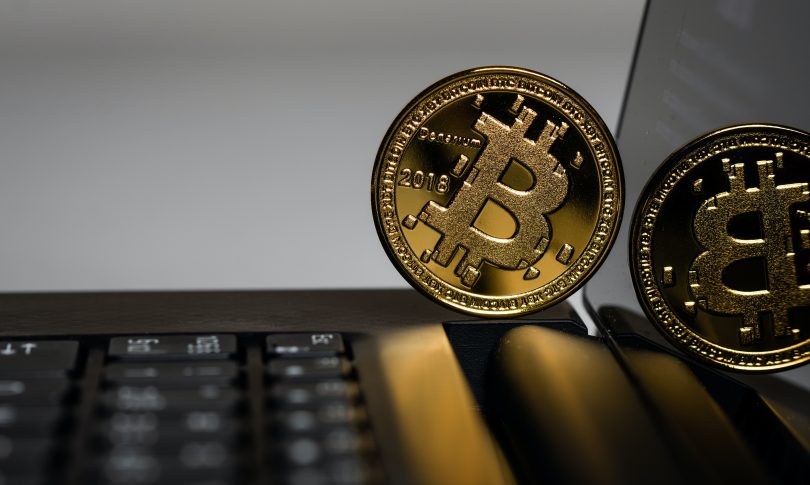
Bitcoin and other cryptocurrencies are fast rising as online forms of cash. Photo: Aleksi Raisa.
The past decade has seen a huge boom in a new form of currency, different from the physical notes and coins humans have used for centuries. It’s cryptocurrency, the currency of 1’s and 0’s.
But with its digital, non-physical form comes the danger it can be lost forever. Someone will need to have access to it when it comes time to break the wax seal on your will.
Bitcoin is perhaps the most famous cryptocurrency and is basically an online version of cash. There is no central bank or administrator, rather bitcoins are stored in a ‘digital wallet’ app on a smartphone or computer. There is also no certificate of title, deed, or account statement to prove a person owns bitcoin.
The bitcoin owner is instead assigned a ‘public key’ – which is visible to anyone – as an address for sending and receiving the ‘money’. A separate ‘private key’ allows the owner access to the digital wallet.
If a bitcoin owner dies without passing on this private key, the executor of the will or next of kin will never be able to gain access. It dies with the deceased.
Even before that, if there is no plan put in place, an executor or next of kin may not know anything about the various online accounts held by a deceased person, let alone details of usernames and passwords to enable access to those accounts.
Tanya Herbertson from Meyer Vandenberg Lawyers says the organisations that provide these online services clearly wish to protect themselves by providing privacy and protection of data for their users. They don’t simply hand out sensitive information to whoever comes knocking.
“There is probably little commercial value in these organisations giving access after death and perhaps that is a reason so few organisations have policies in place to facilitate such access,” she says.
“I raise the issue of digital assets with my clients when discussing their wills. I want them to be sure they understand that they need to facilitate access to their executor by providing the necessary account details, passwords and digital keys.”

Tanya Herbertson from Meyer Vandenberg Lawyers says to make sure an executor of your will or next of kin has access to usernames and passwords for all your digital assets. Photo: Meyer Vandenberg Lawyers.
Tanya encourages her clients to leave instructions for their executors as to what they want done after death – for example, whether or not they want their online photos to be shared with relatives, email accounts to be accessed by the executor, or simply deleted for their privacy.
However, she says it’s a bad idea to put these details into the will itself.
“Simply because passwords change and the will could become a public document when probate is obtained,” says Tanya. “It’s fine to make gifts of digital assets in wills in the same way as any other gift is made in a will, but don’t put the access information in the will itself. Instead, have that information stored separately.”
Tanya says the best way to list this sensitive information is still unclear and open to debate.
Some of the options could include online or software wallets for storage of usernames and passwords, or an offline physical device such as a SSD card or hard drive.
“Simply writing it all down on a piece of paper and letting the trusted person know where that piece of paper is kept is another way,” says Tanya.
“It seems sensible to store usernames and passwords in separate locations. For example, have two lists – one identifying the account and username, and the other identifying the account and password.”
Tanya says her team of specialist lawyers put specific powers into the wills they prepare for their clients to give executors the ability to access, control, distribute or dispose of digital assets.
For more information about preparing wills, trusts, succession advice and probates, visit Meyer Vandenberg Lawyers.
This is a sponsored article, though all opinions are the author’s own. For more information on paid content, see our sponsored content policy.












